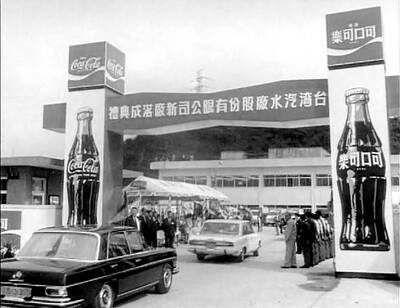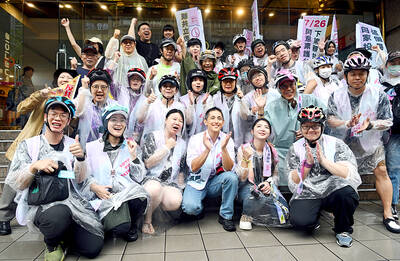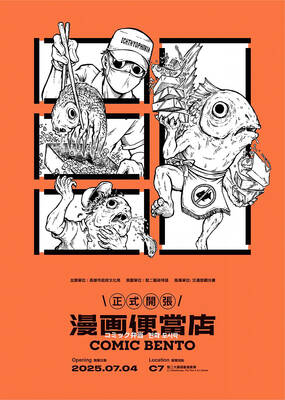The backstory of the character Wolverine from the X-Men franchise was always tantalizing in its vagueness, hinting at hidden sorrows and terrible anguish buried deep beneath Hugh Jackman’s sculpted physique and impassive expression. With X-Men Origins: Wolverine, the story of Logan, a clawed and virtually indestructible killing machine, is presented in all its expositional glory, in a process that strips it of whatever evocativeness it might have had for fans of the series.
Experience shows that prequels rarely measure up to the original’s standard and X-Men had already entered a terminal decline with its third incarnation, X-Men: The Last Stand, in 2006. It is nevertheless good in X-Men Origins to see Hugh Jackman fighting the good fight, though it is his battle against the slipshod and slack narrative rather than the machinations of his nemesis Colonel William Stryker that give rise to praise. He works like a yeoman, but sadly his best saturnine growls are not enough.
The story told in X-Men Origins will be partially known to anyone who has seen the previous X-Men outings, and this film merely fills in the blanks. We see Logan as a child discovering his paternity and his special powers in a murderous bout of domestic violence back in the early 19th century, and follow him, the indestructible soldier, though a pastiche of conflicts from the American Civil War (he fought with the Confederates, which may or may not be significant) to Vietnam. Then he gets drafted into a secret military unit of people with special powers doing very nasty things in the developing world to ensure continued US military dominance. But Logan has a conscience, and he walks out. Of course, this is the kind of unit from which no one walks away.
There is a vague feeling that director Gavin Hood, who won an Oscar for his film Tsotsi (2005) about gangland life in Soweto, is grasping for some degree of topicality. Unfortunately, he has been burdened with a behemoth of a narrative and there simply isn’t enough time to get through everything and still leave space for extended car chases and fight scenes.
Logan escapes from the military into a lumberjack’s life in the high mountains of Colorado, living in a wooden shack on an improbable cliff edge with a girlfriend who is able to handle the fact that her bedmate sprouts knives from his hands when he has nightmares. It is also comforting to know that whatever the hardships of living in such a remote location, Jackman has the services of a professional blow-drying unit, for nothing else could account for the billowy coiffure he sports when emerging from his rustic eyrie into the dawn.
The trouble starts right here, with a feeling that the director is cruising through the story, picking up whatever is fashionable or convenient, trying to make everything look good, but without ever committing to a deeper vision either of the narrative or the characters.
Jackman’s hairstyle is a minor, if irritating, quibble. Far more serious is Hood’s failure to make a big budget chase, featuring a stylishly retro motorcycle racing against heavily armed Humvees and a helicopter, exciting. The money has clearly been spent, but Arnold Schwarzenegger made a more exciting entrance on a motorbike in Terminator: Judgment Day, and that was released in 1991. Hell, even Steve McQueen in The Great Escape (1963) cut more of a dash on a motorcycle than Jackman, for all the sequence’s big special effects. Not only was there no tension, there was no style. It was just a lot of bang.
Liev Schreiber, who showed a wonderful talent for playing a character who straddles the divide between good and evil way back in 1996 with Scream, is back with more of the same. He has honed his role in the recently released Defiance (2008), and seems hardly to have changed costume when stepping across the lot for his performance as Sabretooth in Wolverine.
Even more so than with X-Men: The Last Stand, characters with special talents seem to have been introduced into the narrative for no other reason than to contribute to the variety of special effects on offer. These are all stylishly done, but there is certainly nothing that hasn’t been seen before. Special effects in Hood’s hands are very much a blunt instrument used to bludgeon audiences into submission.
Such is the nature of the cinematic comic book franchise that the fraternal relationship between Wolverine and Sabretooth is used as a peg on which a sequel to this prequel may be hung. Given the very pedestrian quality of Wolverine, all that remains is to hope that whatever may come after goes straight to DVD.

July 28 to Aug. 3 Former president Chiang Kai-shek (蔣介石) reportedly maintained a simple diet and preferred to drink warm water — but one indulgence he enjoyed was a banned drink: Coca-Cola. Although a Coca-Cola plant was built in Taiwan in 1957, It was only allowed to sell to the US military and other American agencies. However, Chiang’s aides recall procuring the soft drink at US military exchange stores, and there’s also records of the Presidential Office ordering in bulk from Hong Kong. By the 1960s, it wasn’t difficult for those with means or connections to obtain Coca-Cola from the

Taiwan is today going to participate in a world-first experiment in democracy. Twenty-four Chinese Nationalist Party (KMT) lawmakers will face a recall vote, with the results determining if they keep their jobs. Some recalls look safe for the incumbents, other lawmakers appear heading for a fall and many could go either way. Predictions on the outcome vary widely, which is unsurprising — this is the first time worldwide a mass recall has ever been attempted at the national level. Even meteorologists are unclear what will happen. As this paper reported, the interactions between tropical storms Francisco and Com-May could lead to

It looks like a restaurant — but it’s food for the mind. Kaohsiung’s Pier-2 Art Center is currently hosting Comic Bento (漫畫便當店), an immersive and quirky exhibition that spotlights Taiwanese comic and animation artists. The entire show is designed like a playful bento shop, where books, plushies and installations are laid out like food offerings — with a much deeper cultural bite. Visitors first enter what looks like a self-service restaurant. Comics, toys and merchandise are displayed buffet-style in trays typically used for lunch servings. Posters on the walls present each comic as a nutritional label for the stories and an ingredient

Fundamentally, this Saturday’s recall vote on 24 Chinese Nationalist Party (KMT) lawmakers is a democratic battle of wills between hardcore supporters of Taiwan sovereignty and the KMT incumbents’ core supporters. The recall campaigners have a key asset: clarity of purpose. Stripped to the core, their mission is to defend Taiwan’s sovereignty and democracy from the Chinese Communist Party (CCP). They understand a basic truth, the CCP is — in their own words — at war with Taiwan and Western democracies. Their “unrestricted warfare” campaign to undermine and destroy Taiwan from within is explicit, while simultaneously conducting rehearsals almost daily for invasion,